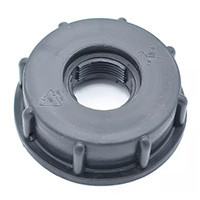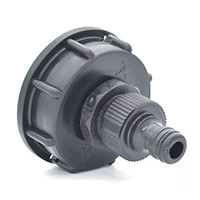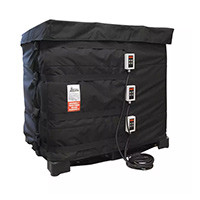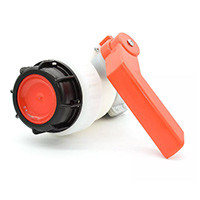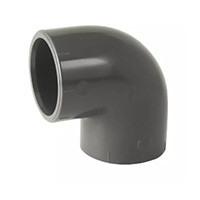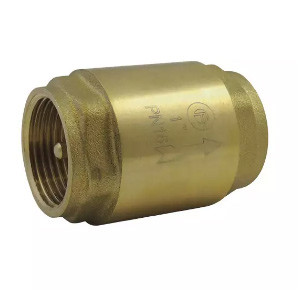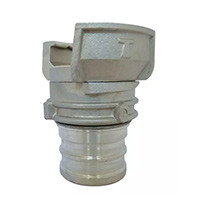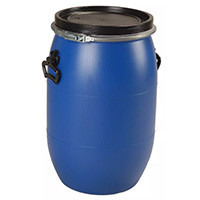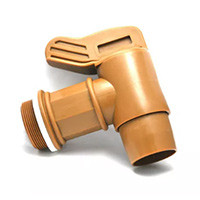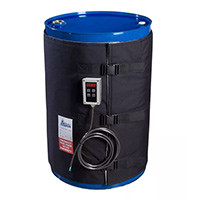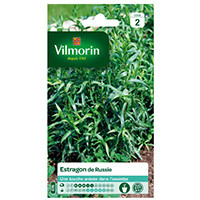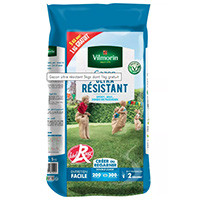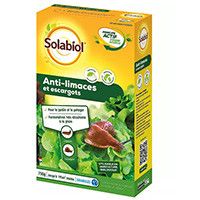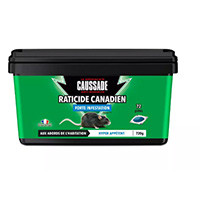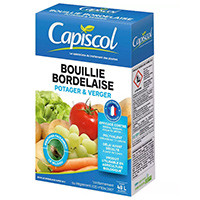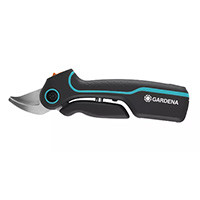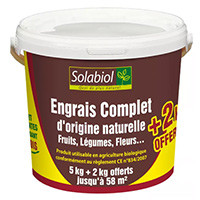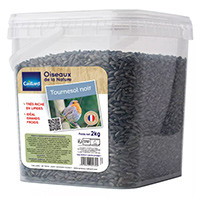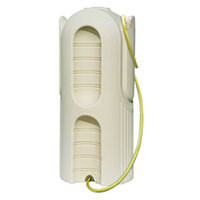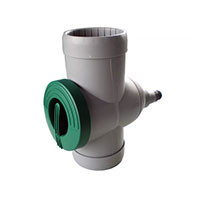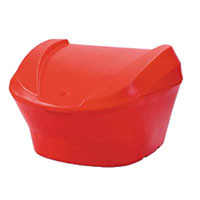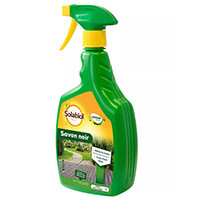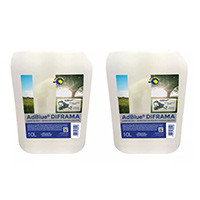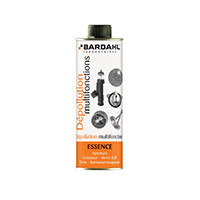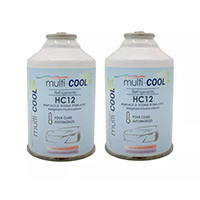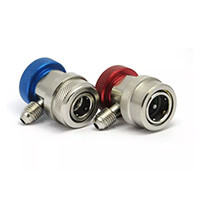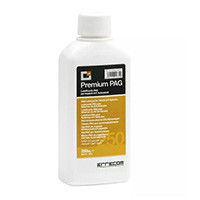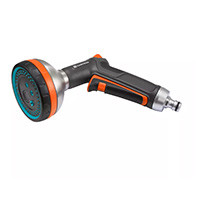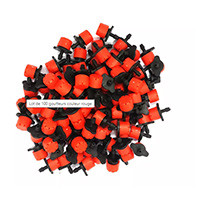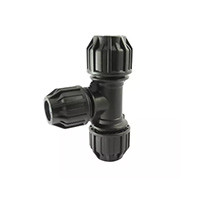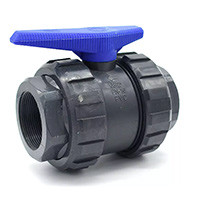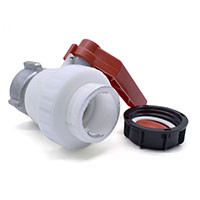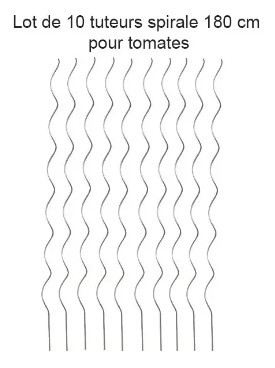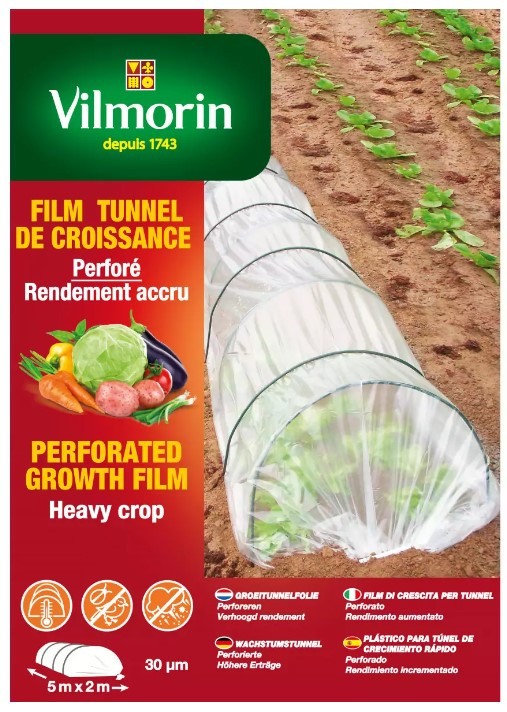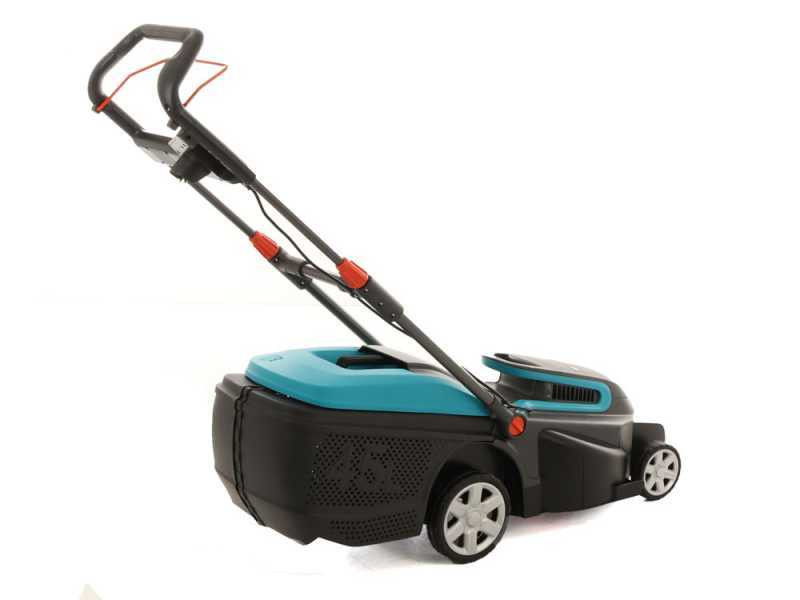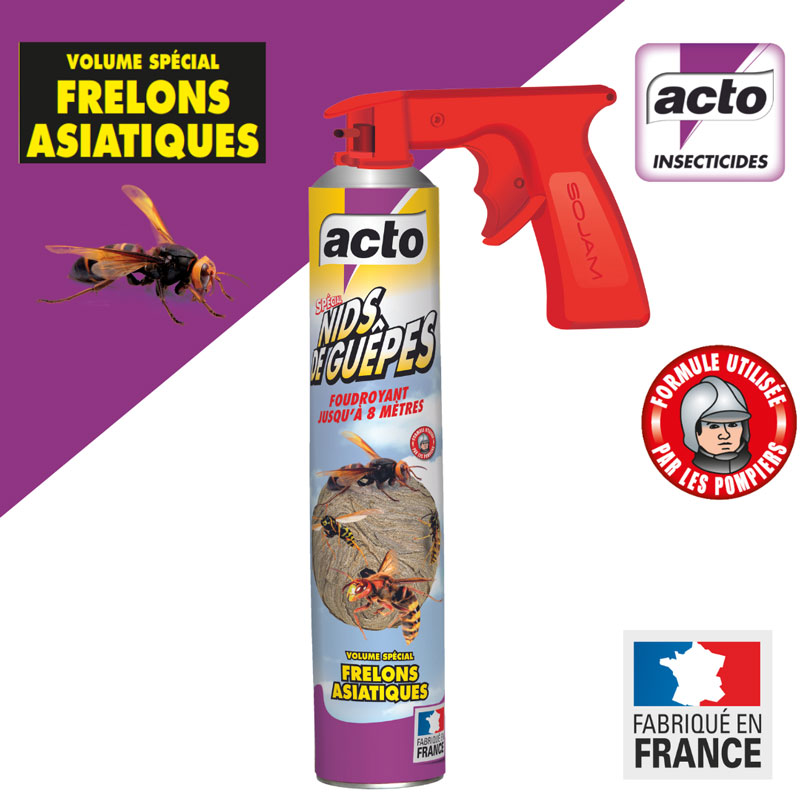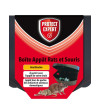
What to do if your pet eats rat poison? Advice/Prevention
Table of Contents
Introduction
General context
Pets are an integral part of our homes. We share moments of joy, relaxation and sometimes even stress with them when a domestic incident occurs. Among the most common risks, the ingestion of toxic substances often comes first, and rat poison is one of the products that can seriously endanger the health of our companions. While most owners are aware of the toxicity of these baits, it only takes a moment of inattention or unsuitable placement for a dog or cat to gain access. Unfortunately, this type of situation can have serious consequences if we do not react quickly and appropriately.
In this article, we will lay the groundwork for understanding why a pet may be attracted to these products, how the accident occurs, and what are the first questions to ask yourself when it happens. The goal is to help you better understand the extent of the risk and the importance of adopting effective preventive measures.
The importance of the subject
It is essential to realize how vital the ingestion of a rat poison by a pet can be. Despite growing awareness, many owners do not fully appreciate the dangerousness of these products or do not know what steps to take in case of poisoning. Symptoms may be mild at first, making the situation difficult to assess for the untrained eye. However, acting quickly is essential to increase the chances of recovery and avoid irreversible complications.
In addressing this subject, our objective is twofold: to inform and to reassure. On the one hand, we want to clearly explain the risks to an animal ingesting rat poison, so that you can spot the warning signs and make the right decisions. On the other hand, we will highlight the importance of prevention, highlighting the simple gestures that make it possible to limit the dangers. This way, you will have all the keys to react effectively and preserve your companion's health.
The dangers of rat poison for animals
Composition of rat poisons
Rat poisons are designed to attract and eliminate rodents, which explains their particularly palatable composition and formidable effectiveness. These products come in a variety of forms, including solid blocks, granules, or colored pastes. They usually contain ingredients that alter certain essential functions in rodents, such as blood clotting or the functioning of the nervous system. To enhance their appeal, manufacturers add flavors and food additives, so that they are as appetizing as a real meal for pests.
Unfortunately, this appetite is not limited to rodents. A dog or cat, driven by curiosity or the tantalizing smell, can easily be tempted to taste these baits. The presentation in blocks or pellets is therefore not enough to deter our companions, especially if they are greedy by nature. In addition, the bright colour of some products can arouse their interest, without them being aware of the danger. It is this combination of attractive ingredients and toxic agents that makes rat poison so dangerous for pets.
Why it's toxic
The toxicity of rat poison is based on its ability to seriously disrupt the body. Some products target blood clotting, causing internal bleeding that is sometimes difficult to spot at first glance. Others act on the nervous system, leading to disorders such as loss of coordination, seizures or partial paralysis. In either case, even a small amount can be enough to trigger severe symptoms in a dog or cat.
In addition, our companions do not always have the same detection capabilities as rodents. While they may be wary of a new bait, a pet will gladly take an interest in it if it smells a scent that it likes or if it is attracted to a playful form. In the absence of any discernible contraindication, the animal ingests the substance without suspicion. This is why it is crucial to understand that these products are designed to be insidious and powerful, making ingestion dangerous and sometimes fatal if veterinary intervention is not performed promptly.
Duration of action
Depending on the nature of the rat poison, the toxic effect can manifest itself almost immediately or set in gradually. Some products cause symptoms within a few hours, while others operate over several days, which can make it difficult to detect them. An animal may appear healthy at first and then suddenly show signs of weakness, bleeding, or neurological disorders. This variability in duration of action makes poisoning particularly difficult to diagnose if we do not know precisely what the animal has ingested.
In addition, even after the first symptoms have passed, the product can continue to circulate in the body for some time. Rat poisons with an anticoagulant effect, for example, sometimes require medical follow-up and a specific vitamin over several weeks to avoid relapses. Thus, a cat or dog may appear to have recovered while the toxin continues its action behind the scenes. This is why, at the slightest suspicion, it is advisable to consult a veterinarian and rigorously follow his recommendations. Rapid intervention and regular monitoring remain the best ways to limit the risks associated with the ingestion of rat poison.
Warning signs and symptoms to watch out for
Early symptoms
When a pet has just ingested a rat poison, some signs can go unnoticed if you don't know what to look for. At first, the dog or cat may simply seem tired, less inclined to play or interact. You may also notice a slight loss of appetite or unusual thirst. If the poisoning involves an anticoagulant, small bleeding may appear in the gums or nose, even if the bleeding remains discreet. Other times, vomiting or diarrhoea is perceived and can be mistaken for a simple temporary indisposition.
The most common mistake is to minimize these incipient symptoms by thinking that they are not alarming. However, this initial phase is precisely the key moment when a quick intervention can make a difference. By carefully monitoring your pet and noting any changes in their behavior or physical condition, you will increase your chances of detecting potential poisoning as soon as possible. As soon as you have any doubts, it is recommended to contact a veterinary professional to describe the signs and receive initial advice.
Advanced symptoms
In cases where rat poison ingestion is not detected in time, the animal's condition can quickly deteriorate. Internal bleeding, if left untreated, manifests itself as more visible bleeding, which can affect the gums, eyes or stool. Some dogs or cats develop great weakness, have difficulty standing or moving, and may be more nervous than usual. Depending on the precise composition of the rat poison, neurological disorders may occur, such as tremors, convulsions or loss of coordination.
This advanced phase is all the more critical as it often requires urgent medical care. The more severe the symptoms, the greater the risk of serious complications. It is therefore essential to remain vigilant, even if your pet seems to be getting better after a few hours. The damage caused by the rat poison can continue behind the scenes, and an immediate visit to the veterinarian is the only way to confirm the diagnosis and administer the appropriate treatment.
Importance of Responsiveness
When faced with poisoning by a rat poison, every minute counts. Once the first signs have been spotted, you should not wait for the situation to worsen before taking action. Contacting a veterinarian at the first doubt allows you to obtain a professional opinion on the course of action to be taken and to assess whether an emergency consultation is necessary. It is advisable to prepare useful information, such as the brand and type of suspected product, in advance to facilitate medical decision-making.
Reactivity is all the more crucial as the treatments implemented vary according to the type of rat poison ingested. If an anticoagulant is involved, prompt administration of certain antidotes, such as the specific vitamin prescribed by the veterinarian, can significantly improve the prognosis. In other cases, it will be necessary to implement more advanced care, such as hospitalization for ongoing monitoring. In short, the sooner the animal is taken care of, the better its chances of recovery. This vigilance not only limits the harmful effects on one's health, but also avoids costly or more invasive interventions later on.
First actions to be taken
Stay calm
When you realize that your pet has potentially ingested a rat poison, the first natural reaction may be panic. Still, maintaining your cool is key to making the right decisions. Indeed, it is more difficult to assess the situation or communicate clearly with a health professional if you are overwhelmed by anxiety. Start by keeping your companion away from the contaminated area to prevent them from touching or ingesting more product. Then, take a quick look at their general condition: note any changes in behavior, the presence of vomiting or bleeding, and check for signs of weakness.
Taking a few moments to breathe deeply can help you structure your reflexes. For example, be prepared to call a veterinarian in an emergency by listing important information, such as the time you suspect ingestion and the exact nature of the product, if you know it. This approach will save you valuable time during the call and promote quick and appropriate decision-making.
Contact a veterinarian urgently
As soon as the slightest suspicion of rat poison emerges, it is imperative to contact a veterinarian without delay. Don't just look for answers on the internet or ask friends and family for advice, as every situation can be different and requires professional expertise. When you call, be prepared to provide as many things as possible: the approximate time of the incident, the nature of the product ingested (if you are aware of it) and the symptoms observed. Also remember to mention your pet's weight and age, as well as their usual state of health.
If possible, keep the rat poison package or take a photo of the label. This additional information will allow the veterinarian to target the treatment to be implemented more effectively. Depending on the severity of the signs, you will be referred to a clinic with rapid intervention or advised on what to do while waiting to be able to go there. In any case, do not delay this call: a professional diagnosis is the key to acting in the best possible way and in the shortest possible time.
Do not induce vomiting without medical advice
Faced with worry, it can be tempting to want to make your pet vomit to quickly evacuate the toxic substance. However, this initiative carries risks if it is not supervised by a veterinarian. For example, certain types of rat poison can cause additional damage during a second pass through the esophagus or mouth. In other cases, the risk of miscarriage is real: the animal could inhale part of the gastric contents, leading to serious respiratory complications.
In addition, the management of the ingestion of a toxic product often requires a precise protocol: administration of activated charcoal, coagulation control or blood tests. Without the informed advice of a professional, you risk making the situation worse or missing out on priority care. Before taking any action, call a veterinarian to describe the situation. He or she will tell you what to do and, if necessary, will quickly organise a consultation to set up the emergency treatments essential for your companion's recovery.
Veterinary treatments and interventions
Decontamination
First, the veterinarian seeks to remove or neutralize as much as possible the toxic substance present in the body. Depending on when you consult, they may decide to perform gastric lavage to remove the product before it is fully absorbed. In some cases, the administration of activated charcoal is recommended to limit the spread of the toxic in the body. This decontamination step remains crucial, as it reduces the amount of substance in circulation and helps protect vital organs.
If your pet still has residue in his mouth, the veterinarian can also rinse the oral cavity to prevent further ingestion. In addition, it is important to scrupulously follow the advice given after this first intervention. For example, you may be asked to monitor hydration or offer a suitable diet to promote recovery. As each case is different, it is the initial clinical examination that makes it possible to decide on the protocol to be put in place to effectively decontaminate the animal.
Specific treatment
The choice of targeted treatment depends mainly on the type of rat poison ingested. For products that alter coagulation, the veterinarian may suggest the administration of a substance that compensates for this imbalance, often in the form of tablets or injections. This approach aims to restore normal blood function and prevent internal bleeding. In the event that rat poison affects the nervous system, other specific measures may be required, such as the implementation of treatments to stabilize brain activity and reduce possible convulsions.
In all cases, speed of action is a key factor in maximizing the chances of successful treatment. The practitioner must assess the level of intoxication and adapt the doses according to the weight, age and general condition of the animal. Sometimes, a transfer to a specialized veterinary structure may be necessary, especially if the animal has severe complications or requires close monitoring.
Medical Support and Monitoring
Beyond direct treatment against the poison, the veterinarian often puts in place support measures to help the animal overcome this ordeal. Temporary hospitalization may be offered if the state of health justifies it, in order to control body temperature, heart rate and possible blood loss. Infusions are sometimes given to maintain proper hydration and facilitate the elimination of toxins. In some cases, respiratory assistance or oxygen therapy may also be considered if the clinical signs require it.
Monitoring makes it possible to follow the animal's progress hour by hour, and to adjust the care protocol at the slightest change. Regular blood tests are carried out to check the effectiveness of the specific treatment and to detect any complications. This close observation is essential, as it offers the possibility of reacting quickly in the event of a sudden deterioration in the state of health. Thus, comprehensive medical support and constant vigilance play a decisive role in the success of the recovery plan.
Prognosis
The prognosis depends mainly on two factors: the speed of treatment and the nature of the rat poison. The earlier the poisoning is detected, the higher the chances of recovery. Prompt treatment helps to limit the spread of the substance and prevent irreversible damage, especially to vital organs. In cases where rat poison has caused significant internal bleeding or severe damage to the nervous system, recovery may take longer and require close monitoring.
Despite these risks, many animals recover completely with the right veterinary intervention and attentive care at home. Throughout this period, it is essential to follow the instructions given, especially regarding medication administration and check-ups. Finally, even if your companion quickly regains his dynamism, it is better to remain vigilant in the days that follow to spot any unusual signs and warn the veterinarian if there is the slightest doubt
Preventing rat poison ingestion
Preventive measures at home
The first step to preventing accidental ingestion of rat poison is to secure your interior and outdoor spaces. Always store bait out of reach of pets, using lockable boxes or placing it in hard-to-reach places, such as high shelves or locked closets. If you use pellets, make sure they are not lying around on the floor and never leave an open bag unattended. Also remember to check these storage areas regularly, as a curious cat or a stubborn dog can sometimes manage to access them despite precautions.
In the garden or garage, avoid leaving boxes of rat poison or leftover bait near walls or behind equipment. Even a small piece, if left on the ground, can be enough to poison an animal attracted by the smell. To complete these measures, make sure to close the garbage bags properly and not to leave food waste, which could lead to the arrival of rodents and encourage you to increase the use of toxic products. With conscientious storage, you already significantly reduce the risk for your companion.
Alternatives to rat poison
Rather than systematically using chemicals, there are less dangerous methods of controlling rodents. Mechanical traps, for example, allow you to capture or neutralize pests without risk to your pets, as long as you place them in areas not accessible to your dog or cat. Natural repellents may also be a solution to consider, although their effectiveness varies depending on the environment and the extent of the infestation.
In more problematic cases, you can call on a professional specialized in rat control who will use secure techniques and will be able to advise you on the best approach. Some companies also offer regular maintenance contracts, thus avoiding the excessive use of toxic substances. Finally, focusing on the cleanliness of your home and the sealing of potential entry points (cracks, holes in the walls) is a simple and effective precaution to limit the presence of pests. By opting for these alternatives, you protect both your home and the health of your companions.
Education of the entourage
Raising awareness among those around you is an essential part of preventing the ingestion of rat poison. Explain to your family, friends or neighbours the dangers these products pose to a dog or cat. If you live with children, be sure to remind them to never touch bait or leave closet doors open. Instead, encourage them to let you know if they see an animal approaching a potentially dangerous area or if they find a bag of rat poison left on a table.
For neighbours, it can be useful to discuss the methods of rat control used and to report the presence of sensitive animals in the neighbourhood. This will prevent them from depositing bait anywhere, without taking into account the safety of your companion. This communication also makes it possible to share good practices, such as regular maintenance of exteriors and the installation of traps without risk to pets. By involving everyone, you promote a safer collective environment that respects animal health.
What to do if you suspect late poisoning?
Recognizing the more subtle signs
Sometimes the animal does not immediately show symptoms after ingesting a rat poison. In this case, you may not notice the first signs until several days or even weeks later. They are often discreet and can manifest as mild fatigue, variable appetite or unusual behaviour. Some animals become more fearful or seek less contact, while others simply show a decrease in vitality for no obvious reason. Mild bleeding, such as traces of blood in the stool, may also occur but go unnoticed if not carefully monitored.
If you observe any of these subtle changes and know that a rat poison has been used nearby, even days before, it's important to stay on the lookout. Don't underestimate the possible impact of late poisoning, as some products work slowly in the body. By spotting these small clues, you will be able to act sooner and consult a veterinarian to get an accurate diagnosis. This vigilance can mean the difference between a quick recovery and more severe complications.
Veterinary examinations
When you suspect delayed poisoning, a consultation with the veterinarian becomes essential to obtain a complete evaluation of the situation. The professional usually begins with a thorough clinical examination, looking for possible signs of internal bleeding or organ dysfunction. He can then offer blood tests to measure the animal's clotting capacity or general condition, which makes it possible to identify abnormalities indicative of persistent poisoning. In some cases, other imaging tests, such as an X-ray or ultrasound, can help detect internal lesions that have gone unnoticed.
Depending on the results, the veterinarian decides on the protocol to adopt: administration of specific treatments, adjustment of a treatment already in progress or simple monitoring. It is essential to tell them the date or period when the animal may have been in contact with the rat poison, as well as the brand of the product if you are aware of it. The more accurate the information provided, the more targeted the diagnosis will be. This way, you give your companion every chance of recovery, even if the poisoning was not detected immediately.
Importance of Tracking
Late poisoning requires special attention and often prolonged follow-up. Even if the symptoms seem mild or temporary, they can worsen suddenly if the toxic continues to circulate in the body. After the vet visit, you may need to regularly observe the pet's heart rate, check the color of its gums, or note any variations in its behavior. The instructions for monitoring and home care must be followed rigorously to identify the slightest abnormality.
Veterinary follow-up may include several check-ups to reassess your pet's state of health. During these appointments, additional analyses or treatment adjustments may be necessary. Even if the animal seems to be getting better, don't neglect these check-ups: they can confirm complete recovery and prevent a possible return of symptoms. Finally, maintain a long-term preventive attitude by securing your environment. Avoiding any further exposure to a rat poison remains the best guarantee for the health of your dog or cat.
Conclusion
Summary
Faced with the risk of poisoning by a rat poison, it is clear that vigilance and prevention are required to ensure the safety of your pet. From identifying early symptoms to managing more advanced cases, every step of this process requires careful attention. When you suspect that a dog or cat may have ingested a toxic product, it is imperative to remain calm and seek veterinary advice quickly. Emergency actions, such as immediate consultation or a call to a professional, can significantly increase the chances of recovery. At the same time, preventive measures at home and the use of alternative methods of rat control help to considerably reduce the risks.
We also discussed specific treatments and the importance of regular follow-up, especially when late poisoning is suspected. As each situation is unique, diagnosis and care must be adapted to the type of rat poison ingested and the overall health of the animal. This in-depth knowledge will allow you to react appropriately, while offering your companion the best possible protection.
Final message
In short, the best weapon against rat poisoning remains prevention. Exercising caution in the storage of products, favoring less harmful rat control methods and educating those around you are all effective ways to protect your animals. Also remember that even if some poisonings go unnoticed at first, the most discreet signs can alert you to an underlying problem. Therefore, never neglect a change in behavior or appetite, especially if a rat poison has recently been used near you.
If you notice worrying symptoms, do not try to resolve the situation on your own and avoid improvised recipes. A quick diagnosis and appropriate care are essential to limit the consequences on your companion's health. Finally, don't hesitate to share this information with other pet owners, as wider awareness helps reduce the number of incidents. Together, we can create a safer environment and give our dogs and cats the protection they deserve.
Share this content

